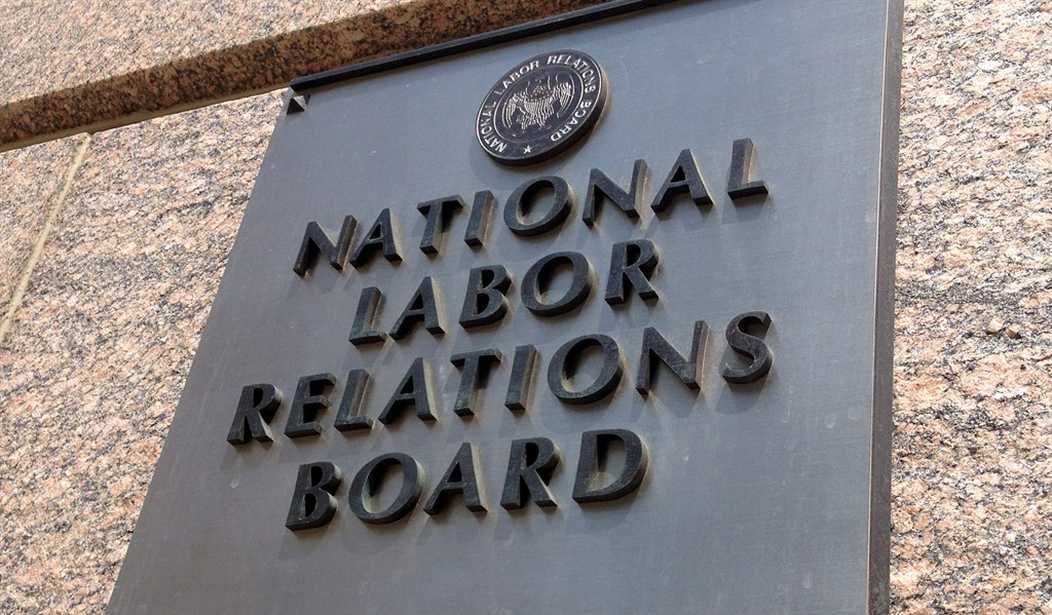It’s practically a cliché to note that government just can’t keep up with innovation in the private sector. Taxi commissions fight services like Uber, zoning boards ban food trucks, and federal regulations keep experimental drugs out of the hands of patients desperate to try them rather than die. So you should not be surprised to find that America’s labor laws—last seriously overhauled in the dying days of British rule in India—are well past their sell-by date. Backed by and fearing the wrath of powerful union bosses, politicians are unwilling to bring employee representation out of the Studebaker factory and into the iPhone world.
But they shouldn’t be afraid. For one thing, Americans want serious reforms to labor unions. The Employee Rights Act (ERA)—currently sitting before both houses of Congress—proposes numerous reforms, each of which has strong support from the general public and union households alike. To take just three examples, guaranteeing a secret ballot to unionize, giving employees the right to refrain from paying dues to support unions’ political activities, and safeguarding employees’ privacy rights during union organizing campaigns all receive support from over 80 percent of both groups.
These reforms are common sense. Recertification, another reform in the ERA, simply requires unions to demonstrate that they retain majority support after significant turnover. Currently, only about ten percent of unionized employees ever voted “Union Yes” and affirmed their current representative. Giving employees a greater voice in their workplace is popular—85 percent of Americans back recertification.
But like taxi-medallion holders or buggy-whip manufacturers in transportation debates, there is one obstacle to bringing innovation to labor representation. Union bosses, who fear that they would have to spend more time working on behalf of their members rather than their personal political agendas. They, practically alone, oppose these reforms.
Recommended
In 2012, union bosses like the AFL-CIO’s Richard Trumka spent upwards of $400 million on political efforts, with over 90 percent directed to Democrats and President Obama. But that only scratches the surface—at least $170 million of that money came from members’ dues rather than “optional” political funds. Since Citizens United, unions have been able to make independent expenditures directly favoring or opposing political candidates from their general—dues-funded—
This might make sense if union members and their families were as overwhelmingly Democratic as their leadership. They aren’t. Exit polls in 2008, 2010, and 2012 show a consistent pattern: Roughly four in ten members of union households vote for Republicans.
Unionized employees are stuck between a rock and a hard place—either go through a complicated opt-out procedure that may require surrendering certain workplace rights, or pay up and watch their money fund politicians and ideological causes they oppose.
This privilege of union bosses is as out of date as Ma Bell in the age of the cellphone. Nobody is proposing taking away private-sector employees’ right to voluntarily contribute to union political funds, their right to unionize, or their right to bargain collectively. Choice, not compulsion, is what employees and indeed all Americans expect.
Our workforce is (slowly) emerging into the 21st Century. We should also support the Employee Rights Act which offers a model for bringing workplaces into the 21st Century as well.

























Join the conversation as a VIP Member